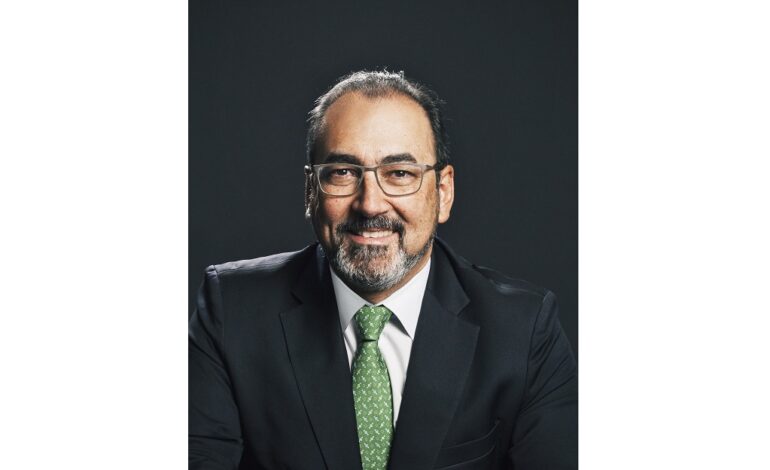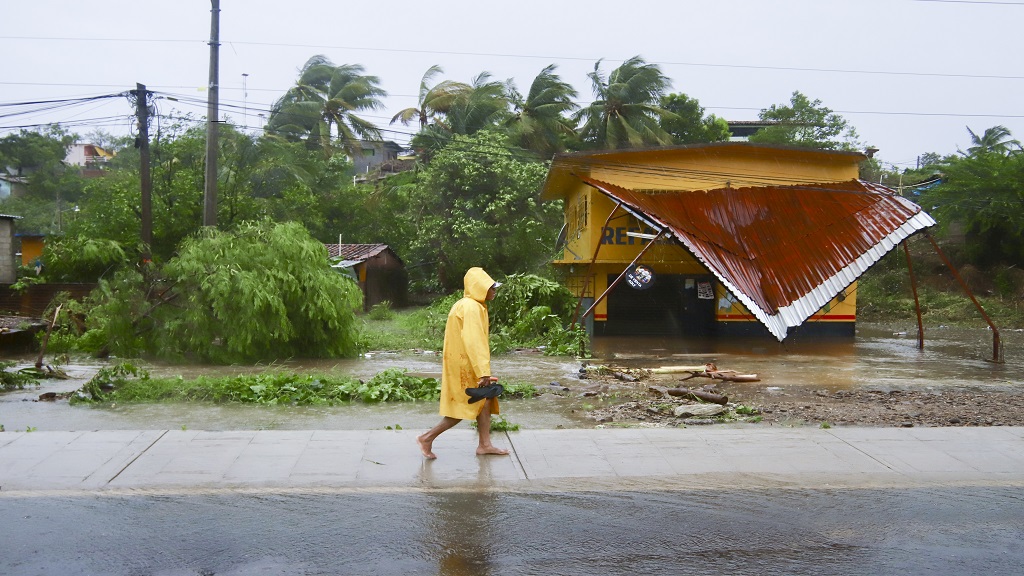Op-ed: Latin America and the Caribbean, a Global Power in Biodiversity

By Sergio Díaz-Granados, Executive President of CAF – Development Bank of Latin America and the Caribbean
At this very moment, millions of biological processes are happening all around us. The plants in our homes, the vegetation in gardens and parks, the trees in forests, or species in the depths of seas, rivers, and mountains are all experiencing their own struggle for survival, in an evolutionary process that dates back to the origin of time and is now increasingly influenced by human activity.
This spirit of constant regeneration, of symbiotic alliances between species, of natural and recurring impulses, is what Latin America and the Caribbean need to bring to COP16 on Biodiversity in Cali, Colombia, to advance the environmental fight and assume the global leadership role we are destined for. The region is home to 60 per cent of the world’s biodiversity, 80 per cent of the world’s biomes, and 30 per cent of the planet’s available freshwater resources, giving us much to contribute.
Our strategic ecosystems are unique and essential to maintaining the planet’s environmental balance. Through preservation initiatives in Patagonia, the Caribbean, the forests of Tumbes in Chocó and Magdalena, the Atlantic Forest, the Mesoamerican Biological Corridor, mangroves, the Amazon, and the Humboldt Current, among others, we have the potential to replicate biodiversity solutions worldwide. This is why, at COP16, Latin America and the Caribbean must assert themselves as a mega-diverse power and a region of solutions.
However, to reach this point, we must first multiply the public policies that preserve our strategic ecosystems. All countries in the region have ratified the Convention on Biological Diversity (a 1993 agreement aimed at conserving biodiversity), but few have submitted action plans for biological diversity protection through 2030. These plans were one of the key milestones of COP15 in Kunming-Montreal in 2022, where 23 targets were set to halt and reverse biodiversity loss by 2030, and four goals were established to achieve a positive biodiversity outcome by 2050.
COP16 in Cali will be a historic event to review the progress of these action plans, but also to address important issues such as establishing an equitable and fair framework for access to the benefits of genetic resources or creating a new tracking framework for the committed mobilization of USD 200 billion by 2030.
In this regard, we must build consensus to mobilize more funds and implement innovative financial mechanisms, such as the issuance of green bonds, debt-for-nature swaps, catastrophe insurance, or biodiversity certificates. A recent example of this was the largest debt conversion in history (a total of USD 1 billion) for the conservation of watersheds in El Salvador, resulting from the coordinated work of several institutions, including CAF, DFC, CRS, FIAES, and ArtCap Strategies.
Development banks are crucial for providing and mobilizing new financial resources, but also for aligning countries’ long-term development agendas. If multilateral banks had greater capital, they could be more effective in resource multiplication and mobilization, as well as in playing countercyclical roles.
Latin America and the Caribbean must also amplify the voices of young people in environmental debates and foster the participation of Afro-descendant communities and indigenous peoples, promoting ways to incorporate ancestral knowledge into climate, sustainability, and biodiversity agendas. These voices will be key to reaffirming our commitment to equity, inclusion, and climate justice.
To accelerate all these discussions, CAF will bring to COP16 a unique space with the pavilion “Biodiversity Unites Us,” which will facilitate the exchange of experiences, unite efforts, explore collaboration opportunities, and increase the visibility of solutions offered by countries as a whole.
In our pavilion, we will also promote spaces for dialogue with scientific institutions, with the aim of listening to the voice of science and contributing to the dissemination and implementation of science-based solutions. In this regard, in the months leading up to COP16, we convened more than twenty international scientific institutions to raise awareness of the importance of data, science, regional collaboration, and the application of scientific methods to solve issues related to biodiversity loss and restoration.
Latin America and the Caribbean is a pivotal region for preserving biodiversity and the planet’s environmental stability, and that is why at COP16 in Cali, we must promote our role as a global biodiversity power. Only then will we ensure that our voice permeates the major environmental debates that will shape development in the coming decades.





